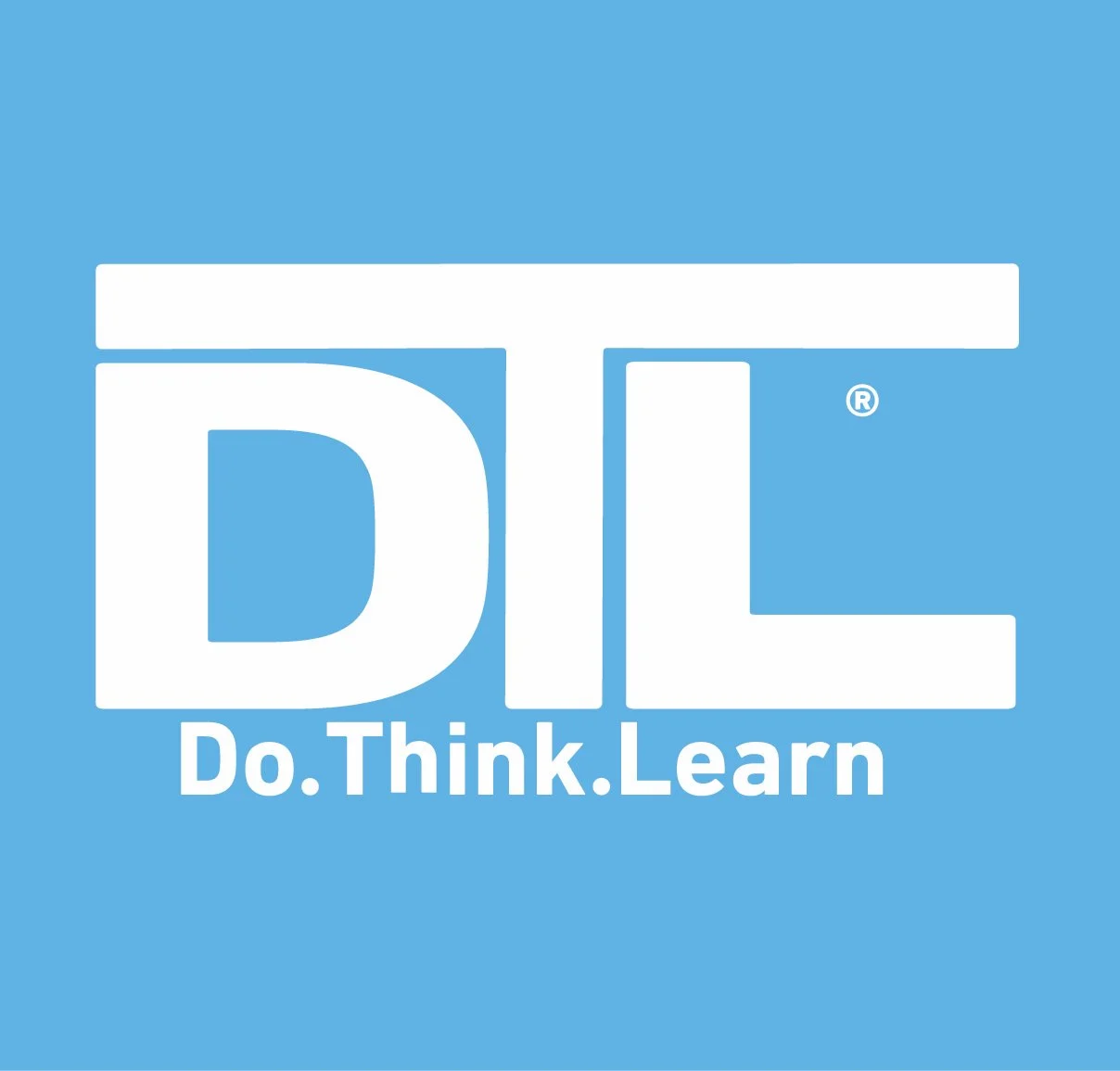“When you’re on the wheel, you’ve got to deal” (Geneva, NY;, circa 1987)
I don’t remember when or who first told me I had to deal on the wheel - maybe EK but it might have been Meags or Roberti. The phrase originated with a guy who had a Keyser Soze-like reputation in town. When we met he had an air of normalcy about him, but even if you had heard the rumors, you said nothing. His status lurked in the shadows, but when you told someone, “when you’re on the wheel” you spoke as someone who knew the secret handshake.
It stayed with me. These days the phrase holds less intrigue and encourages folks to ‘deal’ otherwise they’ll be the person who gets thrown off the treadmill.
I use it in school all the time. It sounds way more caring and supportive than telling someone to “get over it.” The phrase can apply to a wide variety of situations. To me it conveys a “Yes it does suck” with “what are you going to do about it” message. When I say it to a student I want them to acknowledge the problem and create a plan to overcome the issue. Resilience doesn’t come naturally to many students so like other skills, school needs to help students develop their response to obstacles and problems
For instance a few years back I had a student who did next to nothing for his culmination project on the atlatl. Two hours before his presentation when he had to hand in the various written components of the project, he mentioned that he did not do any of the work. He then asked me if he could go home. After telling him that he still had to present, I dropped “When you’re on the wheel, you’ve got to deal” on him. Inspired, this student walked around campus and picked up a bunch of sticks and rocks. He then spent the evening trying to convince those who came to his table talks that they were in fact ancient atlatls and that cavemen rode around on dinosaurs using atlatls to hunt. Maybe that’s not the most inspiring response….
“When you’re on the wheel” also has a second level of meaning that reminds me to keep one foot in the world of how things are and the other in a world of how things could be.
A recent conversation around high stakes testing reminded me of The Wheel. I had a brief discussion with someone who may not have appreciated my comment to an article about low test scores in America. Testing, in my professional opinion, has little educational value. Like many things in education, testing works for the adults but doesn’t really help students. The other gentleman and I had similar frustrations with testing and the business of schooling but he came at the issue from the perspective of a parent with two students dealing with the outcomes of tests. I don’t know if he enjoyed the convo as much as I did, but it provided a good reminder that sometimes you have to deal with the ‘what is’ and not so much with ‘how things should be.’ Even though Do.Think.Learn doesn’t do standardized tests and right now my students won’t be going to colleges that require SATs, etc. I do a fair amount of test prep with my tutoring clients. Despite research that suggests that your written DMV test is a more accurate predictor of undergraduate success than the SAT/ACT. Some students still need to play that game. Just because I think testing is a scam, if my students want that, my professional obligation is to get them ready for those tests. When you’re on the wheel…
Teachers and students find themselves on the wheel everyday. As much as we may dislike some things we can’t just choose not to do them. That doesn’t serve anyone well.
As I closed out of that conversation, I had a flashback to the Q & A at my first conference presentation. At that conference I presented on the intersection of students’ perception of risks and moral and ethical issues in school. Somehow the first question I got went something like, ”What are your recommendations for transforming the education system.” My response - “burn it to the ground and start over.” Once the gasps and eye rolling ended the rather patient principal who asked the question followed up with, “Sure we’d love to but for those who have to do our best with students on Monday, how can we better move the system forward?” I really appreciated how they followed up and we ended up having a great discussion that produced some solid ideas. I needed to take into consideration that as a school leader that educator might want to “burn it down” but doing so wouldn’t benefit her students or teachers. That principal had to deal with the practical issues of the right now and work to transform a system that may not welcome change. I tell prospective families that Do.Think.Learn changes education one student at a time. This tagline reflects both the reality of the education system and the idea that to create change you have to start with the world right in front of you.
“When you’re on the wheel, you’ve got to deal.”
The education system often presents teaching and learning as a narrow set of wheels that students have to deal with to “succeed” (testing for example). In reality school represents more than one wheel; more than a single measure of success; and more than one successful way to deal. More frequently, schools present students with wheels of all shapes and sizes as well as the occasional interconnected set of wheels. Fortunately more and more multiple paths forward have emerged for students not only to deal with school but to successfully demonstrate a wider range and greater depth of skills.
Do.Think.Learn emerged as a way to do school differently. We didn’t burn the system down, but created a space for more students to succeed in school. We support students who need a different way to learn or those whose talents go unnoticed in more traditional learning communities. In many ways we follow in the words of Husker Du frontman Bob Mould - I didn't smash the system as much as create something new. That said, as much as I want to burn it all down, I stay tethered to the institution of education in this state and this country. We do things differently - emphasize skills not subjects, personalize the curriculum, and follow a less is more ethos. Yet we still follow the A-G reqs for high school and national subject standards. This modern one room schoolhouse sets out to show you can have a nontraditional environment and still provide high quality learning. Rigor isn’t a bad word, DTL just redefined what rigor looks like in school. This school doesn’t test but every day is a test. We do this so students can deal with whatever they come across; wherever they go; and whatever they do. So when they find themself on the wheel, they know how to deal.

